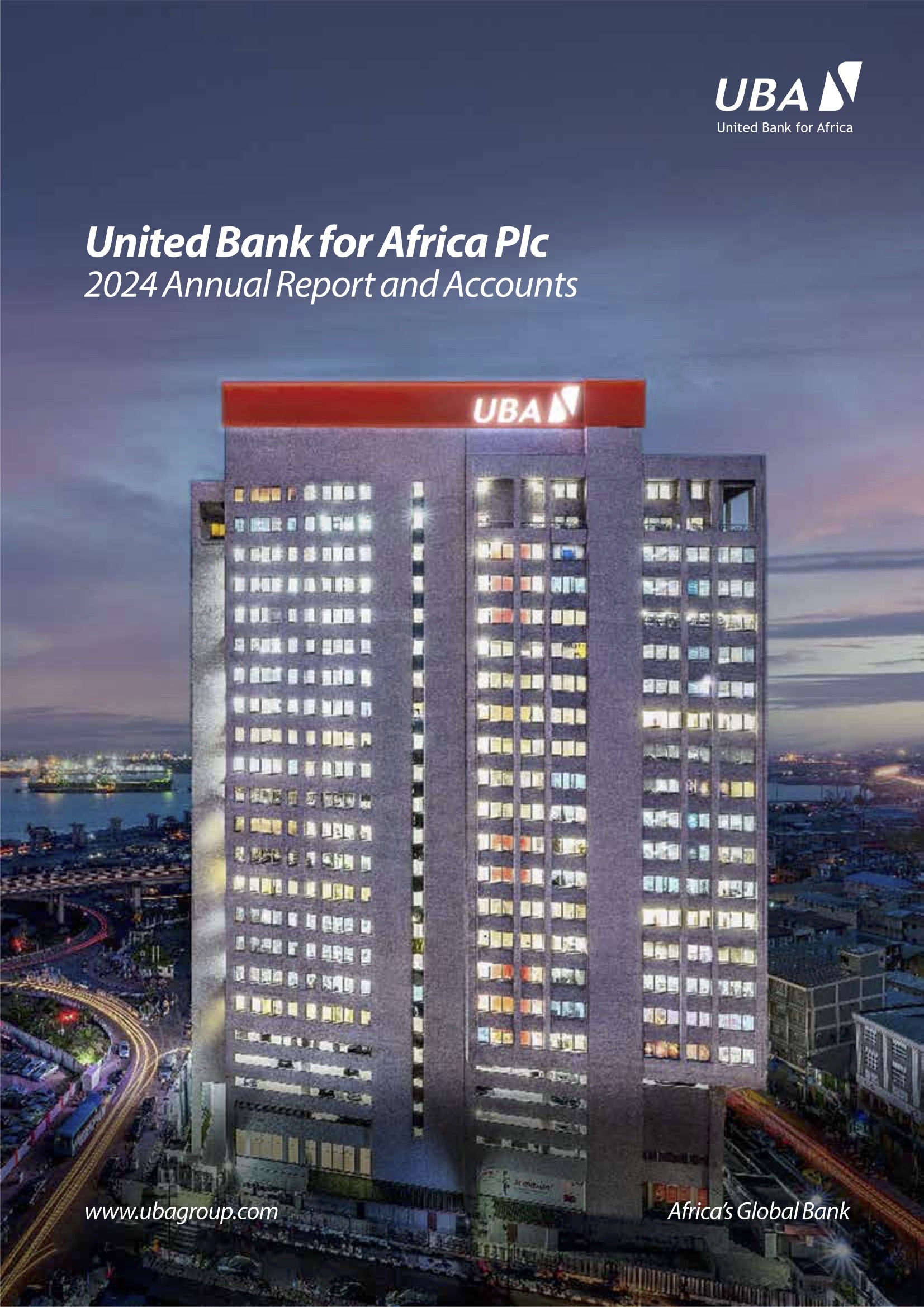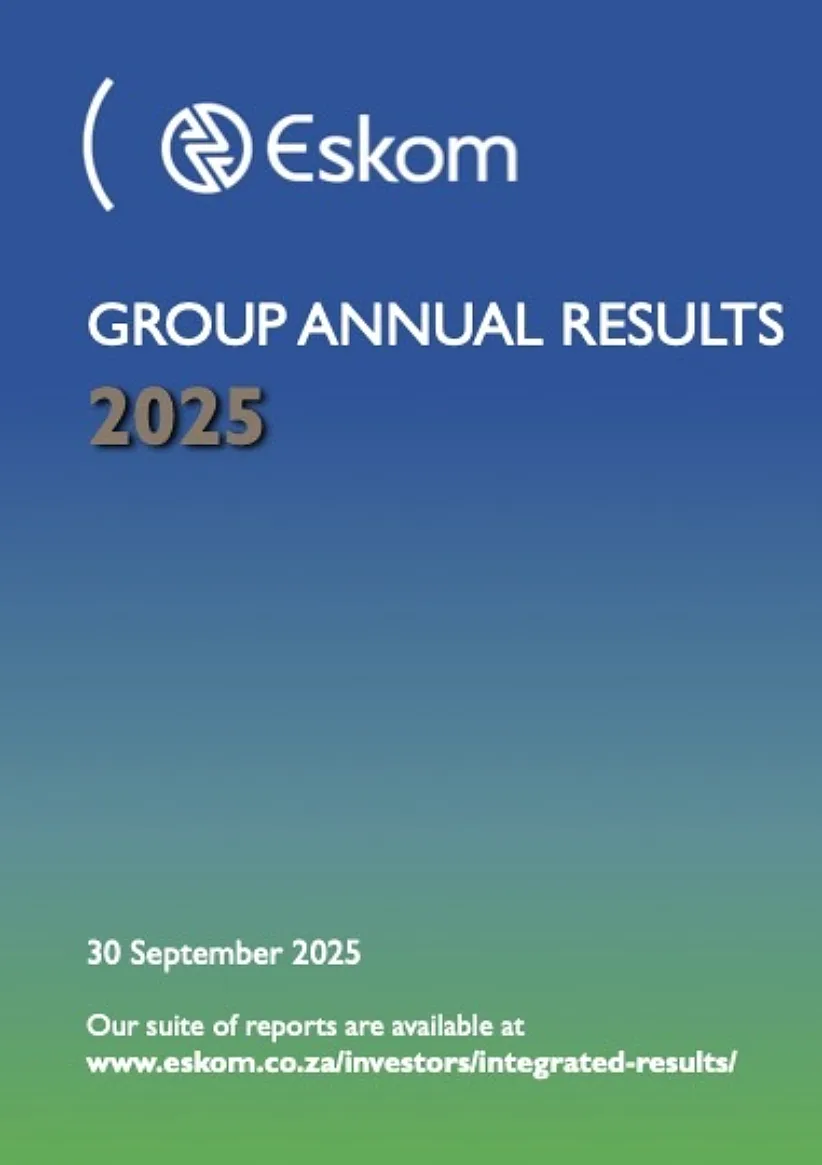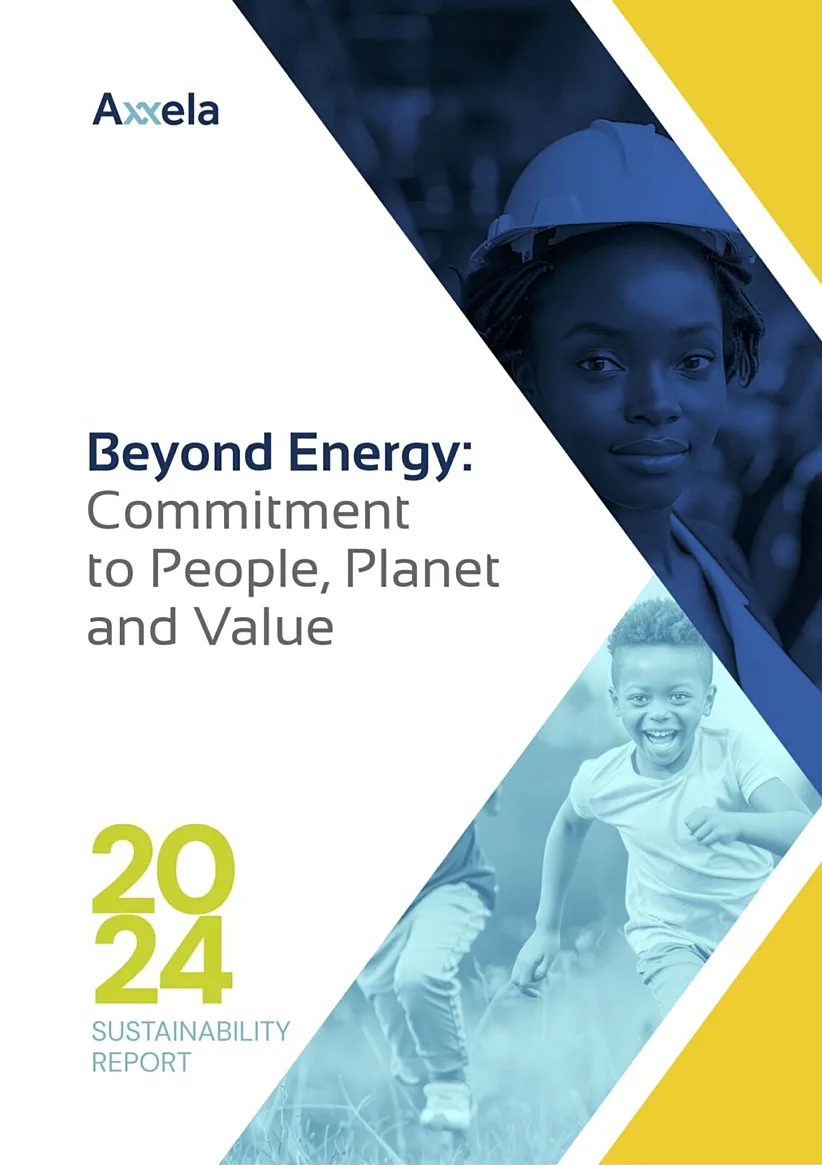Executive Summary: Sustainable Stories Advocates Review of UBA Plc 2024 Sustainability Report
UBA Plc’s 2024 abridged sustainability report details a comprehensive ESG strategy aligned with multiple United Nations Sustainable Development Goals (SDGs), including poverty alleviation, quality education, gender equality, decent work, climate action, and partnerships for sustainable development. The bank’s initiatives span financial inclusion through digital banking and SME financing, education via the “Read Africa” campaign distributing over 500,000 books, and women’s empowerment through targeted loan products and leadership programs. Environmental stewardship is demonstrated by tree planting efforts, waste reduction, and energy efficiency projects, such as a 15% reduction in energy use at the Lagos headquarters. UBA’s SDG-aligned programs operate across Nigeria, Ghana, Kenya, and other African subsidiaries, with plans to harmonize reporting and expand initiatives across all 20 countries of operation. Governance is anchored by a Board-level Sustainability Committee and a dedicated ESG unit, applying frameworks including GRI, UNGC, and Nigerian Sustainable Banking Principles, with ongoing integration of TCFD standards.
Key performance metrics include support for over 50,000 SMEs, empowerment of more than 10,000 women, planting of 20,000+ trees, and onboarding of one million new digital accounts in 2024. The bank’s materiality assessment prioritizes financial inclusion, climate risk, responsible lending, and gender equality, guiding strategic investments and risk management. Sustainability risks such as climate change, regulatory shifts, and reputational exposure are managed through integrated enterprise risk processes and scenario analysis. Looking forward, UBA aims to scale green finance, enhance digital inclusion, expand youth entrepreneurship, and achieve net-zero operational emissions by 2050. The bank’s sustainability strategy is subject to annual review, ensuring alignment with evolving global standards and stakeholder expectations, positioning UBA as a leading sustainable finance institution in Africa.
1. SDG Alignment
Identified SDGs:
UBA aligns its sustainability strategy with the following United Nations Sustainable Development Goals (SDGs):
- SDG 1: No Poverty
- SDG 4: Quality Education
- SDG 5: Gender Equality
- SDG 8: Decent Work and Economic Growth
- SDG 9: Industry, Innovation, and Infrastructure
- SDG 10: Reduced Inequalities
- SDG 13: Climate Action
- SDG 17: Partnerships for the Goals
Reflection in Strategy and Initiatives:
- UBA’s sustainability strategy is mapped to the SDGs through initiatives in financial inclusion, education, gender empowerment, SME financing, climate action, and digital innovation.
- Example: The UBA Foundation’s “Read Africa” campaign supports SDG 4 by distributing educational materials in Nigeria, Ghana, and other subsidiaries.
- Gender-focused lending and women’s leadership programs reflect SDG 5.
- Green finance and environmental conservation projects target SDG 13.
Geographic Impact and Future Alignment:
- SDG-aligned programs are implemented in Nigeria (headquarters), Ghana, Kenya, Cote d’Ivoire, Cameroon, Senegal, and other African subsidiaries, as well as in the UK, US, and France.
- The bank plans to harmonize SDG impact reporting and expand SDG-aligned initiatives across all 20 countries of operation.
2. ESG Management
Governance and Management Approach:
- ESG oversight is provided by a Board-level Sustainability Committee, which reviews and approves ESG strategy and performance.
- A dedicated Sustainability and CSR Unit manages day-to-day ESG activities and reporting.
Policies and Frameworks:
- UBA applies the following frameworks:
- Global Reporting Initiative (GRI)
- United Nations Global Compact (UNGC)
- Nigerian Sustainable Banking Principles (NSBP)
- Task Force on Climate-related Financial Disclosures (TCFD) (in progress)
- ESG policies cover environmental management, social responsibility, anti-corruption, and responsible lending.
Board/Committee Oversight:
- The Board Sustainability Committee receives quarterly updates on ESG performance and risks.
- The Executive Management Committee integrates ESG into business planning.
3. INITIAL AREAS OF IMPACT
Primary Impact Areas:
- Financial Inclusion: Digital banking expansion, SME financing, and agent banking.
- Education: UBA Foundation’s “Read Africa” and scholarship programs.
- Gender Equality: Women-focused loans and leadership development.
- Environmental Initiatives: Tree planting, waste reduction, and energy efficiency projects.
- Health and Community: COVID-19 relief, health outreach, and disaster response.
Key Programs and Projects:
- “Read Africa” campaign: Distribution of 500,000+ books in Nigeria, Ghana, and other subsidiaries.
- Women’s Empowerment: Launch of “UBA Women” loan products and mentorship programs.
- Green Office Initiative: Energy-saving retrofits in Lagos and Accra offices.
- SME Financing: Over 50,000 SMEs supported through targeted lending.
4. METRICS FOR DEFINITION
Key Sustainability Metrics:
- Number of books distributed (e.g., 500,000+ via Read Africa)
- Number of SMEs financed (e.g., 50,000+ SMEs in 2024)
- Number of women reached through empowerment programs (e.g., 10,000+ women)
- CO₂ emissions reduced (e.g., 15% reduction in Lagos HQ energy use)
- Number of trees planted (e.g., 20,000+ trees in Nigeria and Ghana)
- Financial inclusion: Number of new digital accounts (e.g., 1 million new accounts in 2024)
- Baselines: 2023 performance data
- Targets: 10% annual increase in SDG-aligned program reach; 20% reduction in operational emissions by 2030
5. Areas of Focus
Future Sustainability Priorities:
- Expansion of green finance and renewable energy lending.
- Digital banking and financial inclusion scale-up across all subsidiaries.
- Enhanced gender empowerment and youth entrepreneurship programs.
- Broader implementation of TCFD and GRI reporting standards.
- Long-term goal: Net-zero operational emissions by 2050.
Planned Expansions and Initiatives:
- Roll-out of digital SME lending platforms in Francophone Africa.
- Expansion of “Read Africa” to all 20 countries of operation.
- Launch of new green product lines and climate risk assessment tools.
6. MATERIALITY CONCEPTS
Material Topics and Priorities:
- Financial inclusion, climate change, responsible lending, gender equality, and governance are identified as material.
- Materiality assessment is conducted annually with stakeholder input.
- Material topics guide sustainability investments and reporting priorities.
Alignment with Governance and Initiatives:
- Material issues are reviewed by the Board Sustainability Committee and integrated into risk management and business strategy.
7. SUSTAINABILITY RISK MANAGEMENT CONCEPTS
Risk Management Approach:
- Sustainability risks are incorporated into the enterprise risk management framework.
- ESG risk assessments are required for all major lending and investment decisions.
- Climate risk scenario analysis is being developed.
Risk Governance Structure:
- Board Sustainability Committee oversight
- Regular risk reporting to Executive Management
- Dedicated ESG risk team within the Risk Management Department
Key Risks and Mitigation:
- Climate change, regulatory risk, reputational risk, and social unrest.
- Mitigation through policy updates, scenario analysis, and stakeholder engagement.
8. SUSTAINABILITY STRATEGY CONCEPTS AND MANAGEMENT
Strategy Concepts:
- UBA’s sustainability strategy is built on SDG alignment, stakeholder engagement, and risk/opportunity analysis.
- Focus areas: responsible banking, social impact, environmental stewardship, and inclusive growth.
Strategy Management:
- Annual review and update of sustainability strategy.
- ESG integration into business planning and product development.
- Performance tracked via KPI’s and reported to the Board.
- Plans include periodic redefinition of strategy to reflect emerging risks and global best practices.
Direct Quotes/Data:
- “Read Africa campaign has distributed over 500,000 books, impacting students in Nigeria, Ghana, and other subsidiaries.”
- “UBA Women program provided financial and mentorship support to over 10,000 women in 2024.”
- “Green Office Initiative led to a 15% reduction in energy use at Lagos headquarters.”





